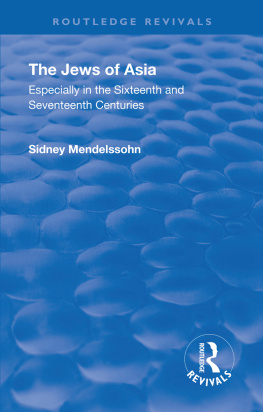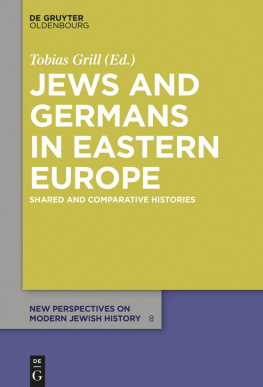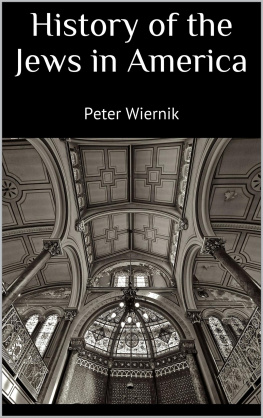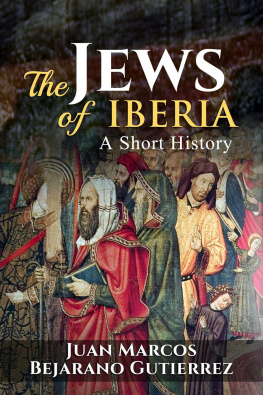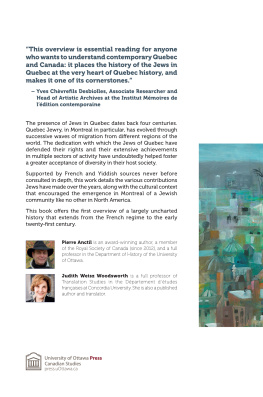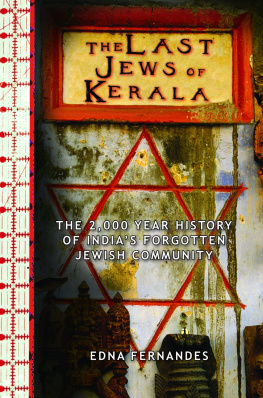First published in 1920 by Kegan Paul, Trench, Trubner & Co. Ltd.
This edition first published in 2018 by Routledge
2 Park Square, Milton Park, Abingdon, Oxon, OX14 4RN
and by Routledge
711 Third Avenue, New York, NY 10017
Routledge is an imprint of the Taylor & Francis Group, an informa business
1920 Taylor & Francis
All rights reserved. No part of this book may be reprinted or reproduced or utilised in any form or by any electronic, mechanical, or other means, now known or hereafter invented, including photocopying and recording, or in any information storage or retrieval system, without permission in writing from the publishers.
Publishers Note
The publisher has gone to great lengths to ensure the quality of this reprint but points out that some imperfections in the original copies may be apparent.
Disclaimer
The publisher has made every effort to trace copyright holders and welcomes correspondence from those they have been unable to contact.
A Library of Congress record exists under ISBN: 20023209
ISBN 13: 978-1-138-55276-0 (hbk)
ISBN 13: 978-0-203-70481-3 (ebk)
THE JEWS OF ASIA
Especially in the Sixteenth and Seventeenth Centuries
BY
SIDNEY MENDELSSOHN, F.Z.S., F.R.C.I., ETC.
Author of
Mendelssohn's South African Bibliography, The Jews of Africa,
Jewish Pioneers of South Africa, etc.
WITH A PORTRAIT OF THE AUTHOR
SIDNEY MENDELSSOHN died in London after an illness of some months' duration on September 26th, 1917. He had retired from business, that of a diamond merchant in South Africa, about twelve years earlier, and had come to England, there to devote his leisure to reading, to public work, and above all to the collection of his magnificent library of works on South Africa and the compilation of his priceless bibliography based on that collection.
Sidney Mendelssohn was born at Bristol, the son of the minister of the not very numerous Jewish community there. The community being small the means of the minister were not large. However, the care of Jewish parents for the education of their children is proverbial, and this devotion to education which is so general among Jews is, not surprisingly, even more strongly developed among the class to which the parents of the subject of this memoir belonged. Young Mendelssohn therefore had the best education that it was within the means of his parents to give him, and in this connection it must be remembered that his father was a scholar and was therefore able to supplement the instruction which the boy received at school. However, in view of his financial resources he was unable to keep the boy at school as long as he would have wished or to send him to a university, and in those days scholarships tenable at a university for which boys such as Mendelssohn were eligible were very few and far between, and consequently the boy, like so many of his class and of his day, had to go out early into the world, there to make a way for himself.
When he was still little more than a boy his father went to South Africa, leaving his wife, two daughters, and two younger sons to the care of the subject of this memoir. Sidney Mendelssohn thereupon undertook as much of the work of his father as he could perform. He used to spend hours when other boys of his age were asleep or engaged in recreation in preparing the subjects he had to teach to his pupils on the following day. In due course the boy and the other members of the family followed the father to South Africa. Kimberley was then the El Dorado of British Jewry and it was to Kimberley that young Mendelssohn betook himself. In South Africa, as has already been indicated, he secured for himself a successful career which enabled him to return to England in early middle age with a moderate fortune. In illustration of his life in South Africa we may mention that Sidney-on-Vaal was so named in his honour, and that the public library of the town is a standing monument of his munificence and interest in literature.
Careers such as those of Sidney Mendelssohn are on the whole uneventful so far as the interest of the general public is concerned, and the present case is not exceptional. His literary activities after his return to England are practically the only ones that are of general interest. Mention ought, however, also to be made of the zealous work he performed on behalf of the Liberal Jewish movement and of Anglo-Jewish historical research. An ardent Jew, Mendelssohn, immediately upon taking up his residence in London, became a warm supporter of the former movement, then in its first stages in England, and was for some years prior to his death treasurer of the Liberal Synagogue. He was also during the last years of his life an active member of the Council of the Jewish Historical Society of England, to whose Transactions he contributed a valuable sketch of the history of the Jews in South Africa. Before he left that part of the world he was prominent in masonic circles. Easily first among his literary works is his monumental Bibliography of South African Literature, a work which is as complete as any human work can be. Mr. Ian D. Colvin, who wrote an introduction to this work, which, without any fear of exaggeration, may be termed great, said of it after its author's death, "The Mendelssohn Bibliography describes in detail practically every book, pamphlet, and paper that in any way concerns South Africa from the time of Vasco da Gam a downwards. And it is so arranged, classified, and indexed as to enable the student to find what has been written upon any South African place or problem. It is a guide to the student of South Africa; it is the foundation of a South African culture". This praise is high but not higher than the work deserves.
The Bibliography was based on a collection of books, which is itself the largest collection of South Africana in existence and is now, in accordance with the terms of the collector's will, the property of the Union of South Africa. Mr. Colvin, writing on the same occasion, said, "As a collector he was omnivorous. He was in touch with every old bookshop of note in Europe; and went through their catalogues with the eye of a hawk. No doubt his collection contains much that is worthless upon any computation but that of the student who says he wants to read everything on the subjectand there are such students. South Africa will one day have a literature of its own, and a body of scholarship concentrated upon its history, its problems, its humanity, its interests and what we might call its spirit or soul. That body of investigation and expression, that South African scholarship will find the past of the country, as far as it is known, all charted and mapped out in Mendelssohn's Bibliography
Sidney Mendelssohn's other writings include Judaic or Semitic Legends and Customs amongst the South African Natives, which appeared originally in the Journal of the African Society and Jewish Pioneers of South Africa in the Transactions of the Jewish Historical Society of England. When the subject of this memoir died the manuscript on which the present work and its companion volume are based was far advanced towards completion. His widow, aware of the interest her husband had shown in the work, of the devotion with which he had engaged in it, and how great was his natural desire that the results of his years of research should be made public, determined that the work should be completed and published. This task was entrusted to the present writer, who in fulfilling it has considered it his duty to preserve intact the scheme that the author had adopted and to publish with as few changes as possible those portions of the work which the author had apparently considered ready for the press. In these chapters obvious slips and errors only have been corrected. Otherwise the work is untouched. But in a few instances the Editor has added footnotes of his own. These are indicated by square brackets. Two fragments, apparently intended to form part of the Preface, were found among the Author's papers, and it has been thought well to quote them in full as indicating the scope and intention of the work,

